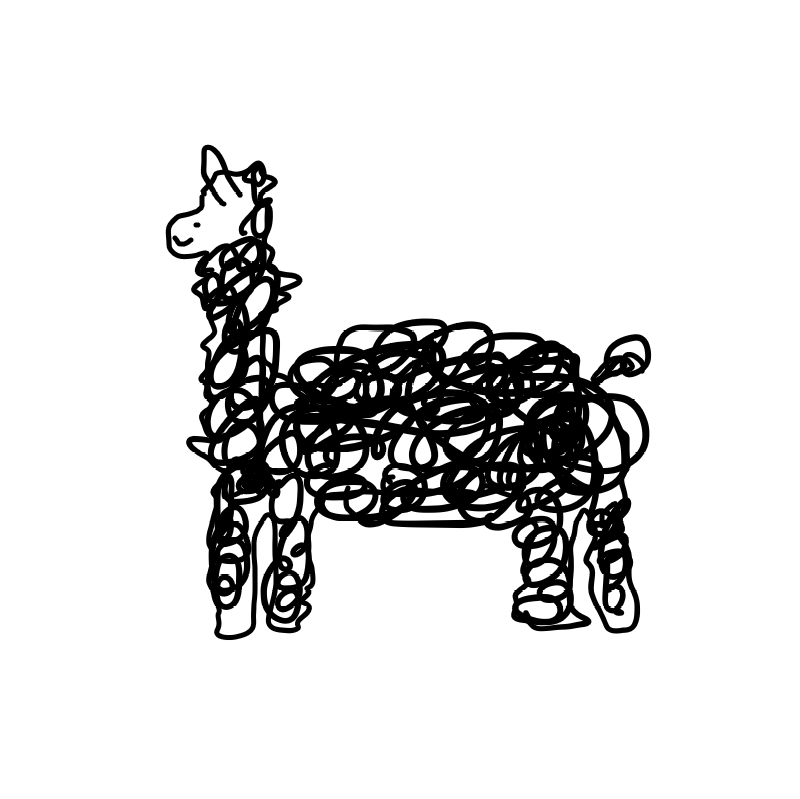3. Longest Substring Without Repeating Characters
Given a string s, find the length of the longest substring without repeating characters.
My Answer 1: Accepted (Runtime: 1696 ms - 5.01% / Memory Usage: 14.5 MB - 6.29%)
class Solution:
def lengthOfLongestSubstring(self, s: str) -> int:
if len(s) == 1:
return 1
longest = 0
for j in range(len(s)):
result = [s[j]]
for i in range(j+1, len(s)):
if s[i] not in result:
result.append(s[i])
else:
break
longest = max(longest, len(result))
return longestwhy... ㅎ6상 2中 for 곰ㅇi.. LㅓbooEㅓ 생각..ㄴr는girlㄱㄱㅏ...☆★
비효율의 끝판왕 모셨읍니다.
각 문자를 시작으로 하는 모든 substring without repeating 을 구해서 max 값 찾기
My Answer 2: Accepted (Runtime: 124 ms - 23.27% / Memory Usage: 14.3 MB - 82.30%)
class Solution:
def lengthOfLongestSubstring(self, s: str) -> int:
if len(s) == 1:
return 1
result = []
longest = 0
for i in range(len(s)):
if s[i] not in result:
result.append(s[i])
else:
while s[i] in result:
result.pop(0)
result.append(s[i])
longest = max(longest, len(result))
return longest이번에는 반복되는 값이 있으면 result 에서 pop 해주는 식으로 함
My Answer 3: Accepted (Runtime: 72 ms - 50.51% / Memory Usage: 14.1 MB - 94.12%)
class Solution:
def lengthOfLongestSubstring(self, s: str) -> int:
if len(s) == 1:
return 1
result = []
longest = 0
for i in range(len(s)):
if s[i] not in result:
result.append(s[i])
else:
result = result[result.index(s[i])+1:]
result.append(s[i])
longest = max(longest, len(result))
return longest2 번째 답이랑 같지만 while 문으로 pop 하는 대신 index 값을 이용해서 자른 버전..
어느새 런타임 5% 에서 50% 되다...!
뭔가 해시 이용해도 좋을 거 같음
Slide window with dictionary
Solution 1: Runtime: 60 ms - 78.06% / Memory Usage: 14.3 MB - 82.30%
class Solution:
def lengthOfLongestSubstring(self, s: str) -> int:
dic = {}
left = -1
res = 0
for i in range(len(s)):
if s[i] in dic and dic[s[i]] > left:
left = dic[s[i]]
dic[s[i]] = i
res = max(res, i-left)
return res딕셔너리를 이용한 솔루션
dic 에는 [값:인덱스] 형식으로 저장하고 left 변수에 substring 시작 인덱스 값이 들어감
